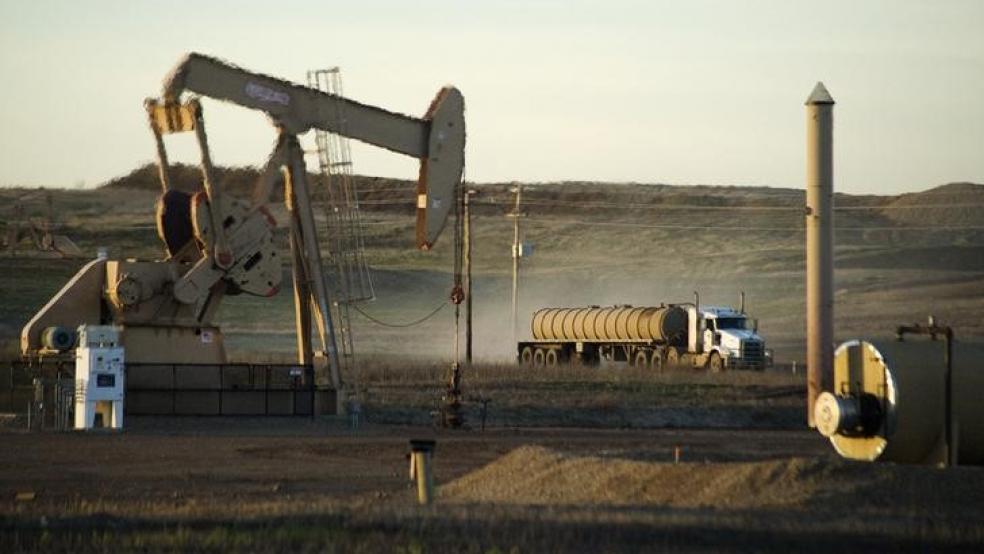Following big tax windfalls from a decade-long U.S. energy boom, the crash in oil prices has blown open a hole in the budgets of big oil-producing states.
A lot, however, depends on how heavily those states rely on oil tax revenue to pay the bills.
Related: OPEC’s Oil Price War Is Crushing US Producers
Among the top oil producers, Alaska has been hit hardest by the plunge in crude prices, largely because it relies so heavily on oil taxes.
Though it ranks fifth among oil-producing states, nearly 90 cents of every dollar of the state's operating revenue comes from the oil industry, according to Moody's. With oil prices trading at roughly a third of 2014 levels, Alaska's take from oil taxes has fallen nearly 60 percent from last year. The state faces a $2.7 billion deficit in the current fiscal year.
Texas, on the other hand, is feeling a lot less budget pain. Though the state is the largest U.S. producer, the state gets about 10 cents of every tax dollar from oil and gas production.
The state also has a much more diversified economy, which helps blunt the impact of lost revenues from energy production. And lower prices have even helped boost revenues, according to Moody's, because lower gasoline prices have helped trigger consumer spending, which has raised sales tax revenue.
Related: Big Job Cuts Coming in Texas as Oil Prices Remain Near Lows
Other oil-producing states are in bigger budget trouble. Louisiana, which counts on oil taxes for 16 percent of its general fund, has cut revenues projections for the 2015 and 2016 fiscal years by more than $300 million because of lower oil prices, according to Moody's.
Louisiana Republican Gov. Bobby Jindal has proposed a range of budget cuts to close an estimated $487 million hole in this year's $25 billion budget. State lawmakers are considering dipping into the state's "rainy day" fund to help make up the shortfall.
Oklahoma has also seen oil revenues dry up, and state lawmakers are projecting a shortfall of between $800 million to $1 billion in the state's $24 billion budget.
As home to the Bakken oil field, one of the biggest beneficiaries of the U.S. oil and gas boom, North Dakota has also enjoyed a tax windfall from a surge in energy production taxes. As of last year, these so-called severance taxes made up more than half of the state's revenue.
But North Dakota is somewhat insulated from the crash in oil process, according to Moody's, because of changes in its tax structure that have reduced its reliance on energy revenues with a cap on oil revenues of $300 million every two years.
This article originally appeared on CNBC. Read more from CNBC:
Downbeat Americans may spend less for holidays: Survey




